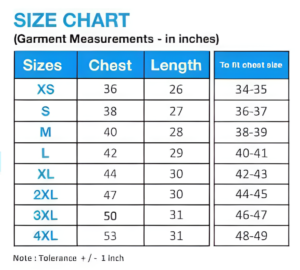Sin is often perceived as an act of transgression against divine law, an offense that disrupts the harmonious relationship between the individual and God.
The origins of the concept of sin are deeply rooted in word of God. Sin is traced back to the original sin of Adam and Eve in the Garden of Eden, symbolizing humanity’s inherent fallibility and predisposition to wrongdoing.
Sin separates us from God. The moral and ethical implications of sin are vast. Sinful actions are often seen as breaches of moral codes that govern human behavior, resulting in a sense of guilt and moral failing. This guilt can lead to psychological consequences, such as pervasive feelings of shame and unworthiness. The burden of sin can create a profound sense of alienation, not only from one’s spiritual beliefs but also from the community and social life. Individuals might find themselves isolated, grappling with inner turmoil and a diminished sense of self-worth.
The spiritual alienation resulting from unaddressed sin can hinder personal growth and the pursuit of spiritual freedom. Acknowledging and addressing sin’s consequences can pave the way towards healing, reconciliation, and ultimately, spiritual freedom.
Living a life free from sin is an endeavor that demands dedication, self-awareness, and continuous personal development. Repentance plays a crucial role in the pursuit of a sin-free life. God’s atonement for sin was given through His son Jesus Christ. We are to acknowledge our wrongdoings, confess them before God, and be forgiven.
Continuous personal development through dependence on God is the key to living free from sin. This involves remaining mindful of one’s thoughts and actions, striving to make ethical choices in daily life, and being open to growth and learning.
The rewards of living free from sin are profound and multifaceted. Peace, spiritual freedom and eternal life are the most significant benefits. Living free is a bondage breaker.
Cotton Fabric, Super-combed, Bio-washed, 170-180 GSM thick, Direct-to-Garment (DTG) Printed T-Shirt








Reviews
There are no reviews yet.